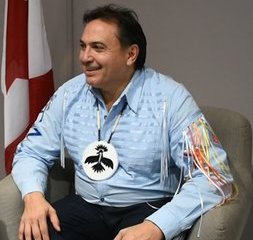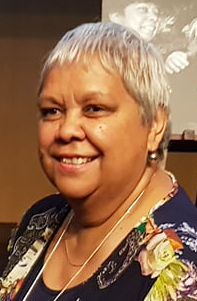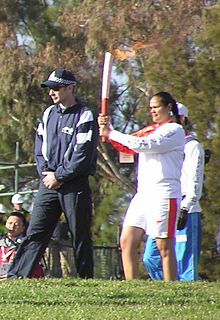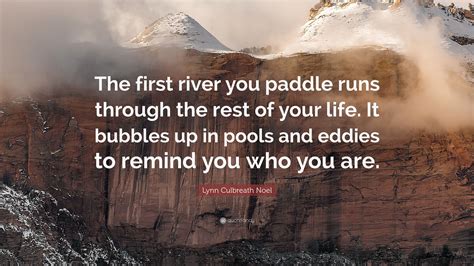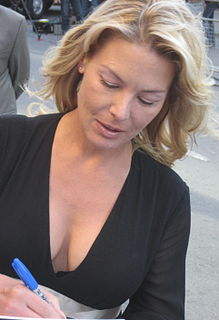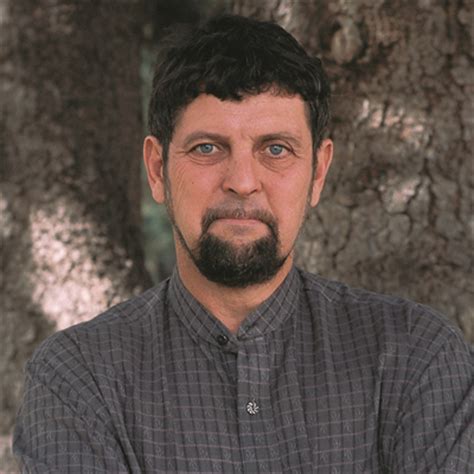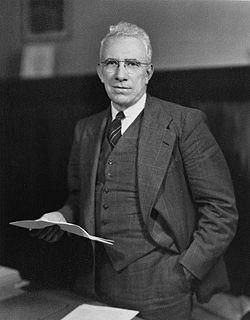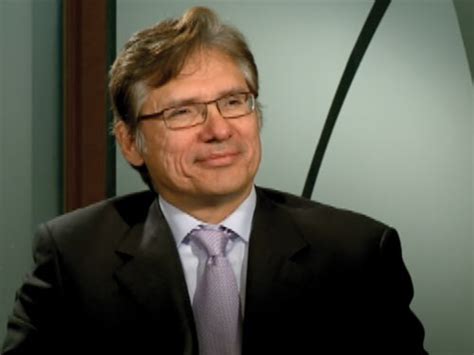A Quote by Perry Bellegarde
Indigenous people made huge contributions to this country. The biggest is in sharing the land and resources. People need to see that, understand that. Indigenous people should be viewed as the founding peoples of this land.
Related Quotes
The reality is that the founding fathers were land speculators. The fact was that you couldn't vote in this country if you did not own land, and that was basically you had to be a white man who owned land. Now how did they get that land? They basically had to steal it from someone, and that would be probably the Indians. And so most of the initial founding fathers were, while they may have had some really nice ideas about democracy, they had a lot of issues with people of color. They had a lot of issues with people who held things that they coveted.
If you can imagine the one family continuously occupying the same land for 40,000 years or more, using it not just to sustain life but as a place of reverence and worship, where every tree, rock and waterhole had significance, you will get some understanding of the importance of land to indigenous people.
The importance of the term "genocide" for many Indigenous Peoples is that it is more than a term or an accusation; it is a word created in the wake of the Shoah in Europe to describe what happens when a people are targeted by a government for extermination, as were the Jews of Europe, and which is the term used in the most important international law related to concerned Indigenous Peoples, as the only international human rights law that pertains specifically to collectivities of people rather than individuals.
When Europeans arrived on this continent, they blew it with the Native Americans. They plowed over them, taking as much as they could of their land and valuables, and respecting almost nothing about the native cultures. They lost the wisdom of the indigenous peoples-wisdom about the land and connectedness to the great web of life...We have another chance with all these refugees. People come here penniless but not cultureless. They bring us gifts. We can synthesize the best of our traditions with the best of theirs. We can teach and learn from each other to produce a better America.
What we want for the Iranian people is control over their own government, which they don't have now. So you would do it through supplying resources and support from the outside to the indigenous people who are already quite unhappy. The mullahs have made hash of the economy since 1979, there's a huge amount of economic dissatisfaction. The young people, who are pretty well educated and sophisticated, know they could have a better life than this strict Islamic law.
The true essence of reconciliation is more than making friends with nonindigenous people. Our motto is united Australia, one that respects the land and the heritage of its indigenous peoples and provides justice and equity for all. I think reconciliation is about changing the structures that govern us and trying to influence opinion leaders in whatever way we can.
I can't imagine what it must be like to be one of the indigenous people of the United States of America. I can't imagine watching the news every day - as people debate whose country this is and who should be in charge of it and how to make it great again - and hardly ever see your people brought into the discussion.
As people who are women, who are Indigenous and live on Indigenous lands, we know, and this is something I understand the older I get, that they don't visit the same way the postman may visit but they do visit. They visit in ways that our modern society often disregards and considers immaterial or unreal.
We cannot allow some people to be left at the back of the human rights bus... We must ensure the rights of individual groups or people -be they indigenous peoples, or peoples of Asian or African or American descent, or Jews or Muslims- are not sacrificed on an altar of progress for some while there are setbacks to others.
